Essential oils are a powerful tool for helping us through our day to day. Not only can essential oils help us to sleep, invigorate us, and help us concentrate, lots of oils derived from plants have powerful antibacterial and anti-inflammatory properties that can help keep us clean and safe. In this article, we’ll take a look at our four favourite essential oils for healing and the science behind them.

Rosemary
Rosemary is one of our favourite scents. It’s both herbal and floral at the same time, but its scent isn’t what makes it special. Due to the presence of phenolic compounds, which are a class of naturally occurring chemicals found in plants and animals, rosemary is a powerful antioxidant, antibacterial and anti-inflammatory (1). Food studies wherein extracts of rosemary oil were injected into meat found that it significantly inhibited the growth of common food bacteria that leads to spoilage (1). Numerous studies of this sort have found that the use of rosemary oil prevents harmful bacteria like E. Coli from developing (1).
Tea Tree
Tea Tree is one of the most well known antibacterial oils. It has a crisp, earthy scent that makes it entirely unmistakable. Due to the presence of terpenes, a naturally occurring chemical compound, tea tree oil has antimicrobial and anti-inflammatory properties (2). It may also have antiviral properties, but more studies are needed on a variety of viruses in order to conclusively state that (3). Studies have found that it does have antibacterial properties that can protect against bacteria like Haemophilus influenzae and Streptococcus pneumoniae, which can cause illnesses like pneumonia and sepsis (blood infection) (3). Some research suggests it can also have help with acne since that can be caused by bacteria (4).

Peppermint
Peppermint is a fantastic antibacterial oil. It has been used for centuries, as far back as Ancient Egypt, for its variety of health benefits and delicious taste when used as a tea. In 18th century Europe, it was used as a folk remedy for nausea, vomiting, morning sickness and menstrual disorders (5). Research has found that due to the flavonoids, the natural chemical properties of the plant, many of these 18th-century folk remedies are indeed true. A review of 9 studies found that peppermint oil significantly improved symptoms of IBS and an additional study found that it reduced nausea and vomiting in patients undergoing chemotherapy (6,7). Peppermint acts as a muscle relaxant, so it’s able to reduce headaches, migraines, and menstrual issues (8,9). Adding onto the folk remedies, peppermint oil is also an effective antibacterial. One study found that it is able to kill and prevent the growth of E. coli, Listeria and Salmonella (10).
Eucalyptus
Eucalyptus, while originally from Australia, is now found all over the world and is used widely for its beneficial effects. It is used as a cough suppressant, an anti-inflammatory, pain reliever, anxiolytic, and even as an insect repellent. Most of these benefits come from inhaling eucalyptus oil, which has compounds like cineole and limonene, proven to have anti-inflammatory properties (11). In one study, researchers found that the inhalation of eucalyptus oil decreased pain scores (12). When combined with the “morphine-like effects” of 1,8 cineole, a compound found in eucalyptus oil, on mice, it is clear that the inhalation of eucalyptus oil can have profound effects on the body (12).
These botanicals all have impressive benefits, so no matter which of them you choose, they are sure to help you with whatever issues you face.
References:
- https://www.ncbi.nlm.nih.gov/pmc/articles/PMC6165352/
- https://www.ncbi.nlm.nih.gov/pmc/articles/PMC5206475/
- https://www.ncbi.nlm.nih.gov/pmc/articles/PMC1360273/
- https://www.ncbi.nlm.nih.gov/pmc/articles/PMC3609378/
- https://www.ncbi.nlm.nih.gov/pmc/articles/PMC7767097/
- https://www.ncbi.nlm.nih.gov/pubmed/24100754
- https://www.ncbi.nlm.nih.gov/pubmed/23390455
- https://www.ncbi.nlm.nih.gov/pubmed/20456191
- https://www.ncbi.nlm.nih.gov/pubmed/27563318
- https://www.ncbi.nlm.nih.gov/pubmed/30166188
- https://www.ncbi.nlm.nih.gov/pubmed/23853660
- https://www.ncbi.nlm.nih.gov/pmc/articles/PMC3703330/

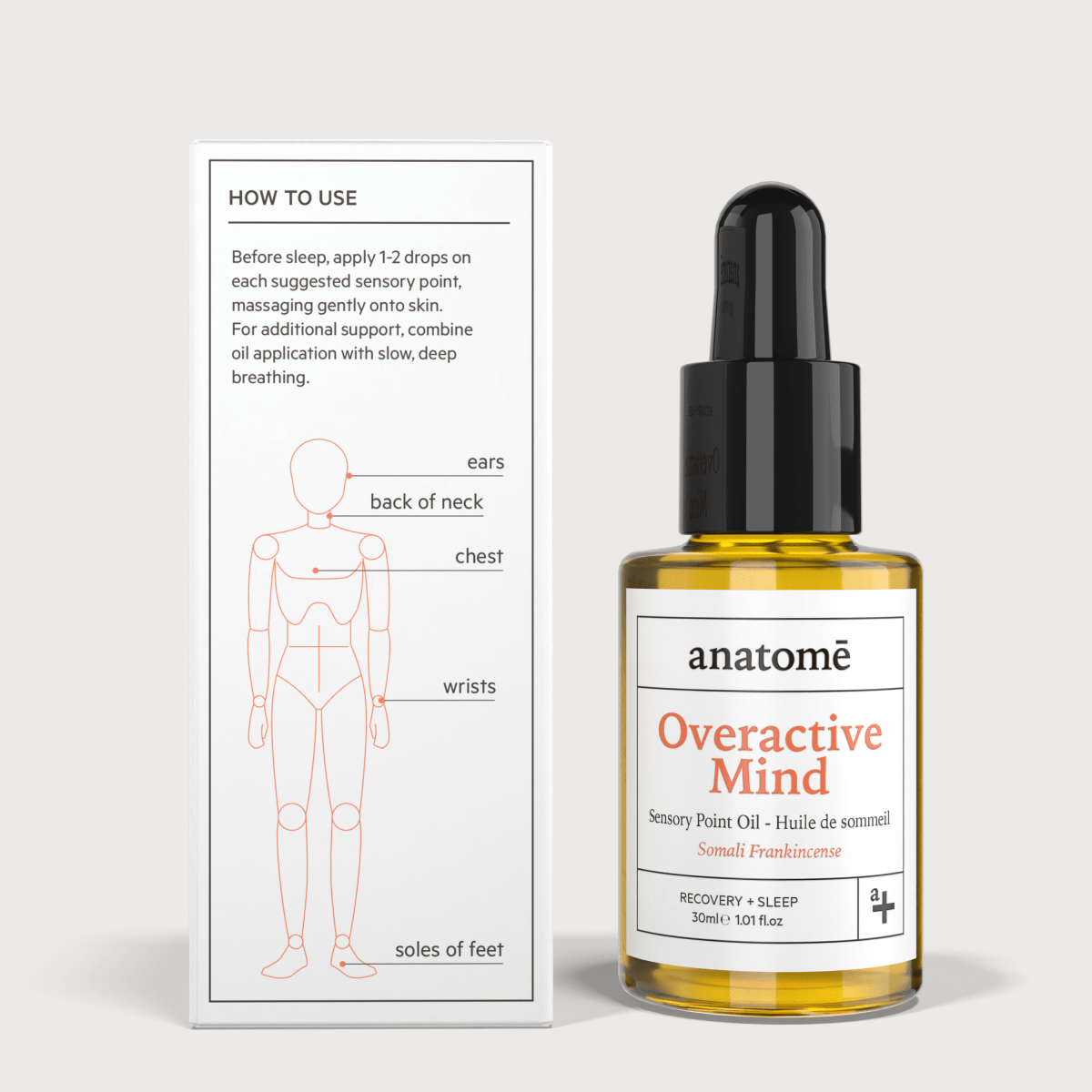




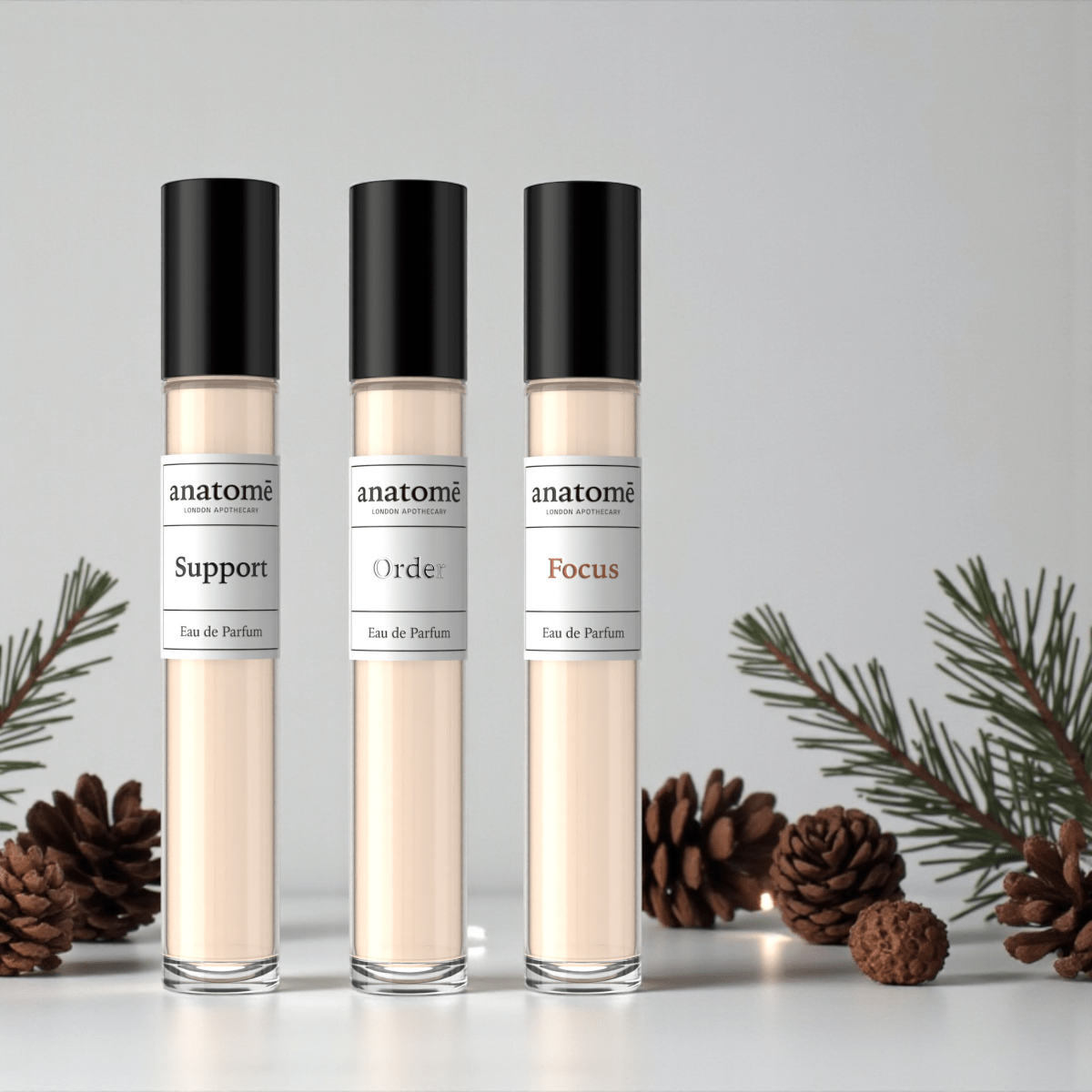
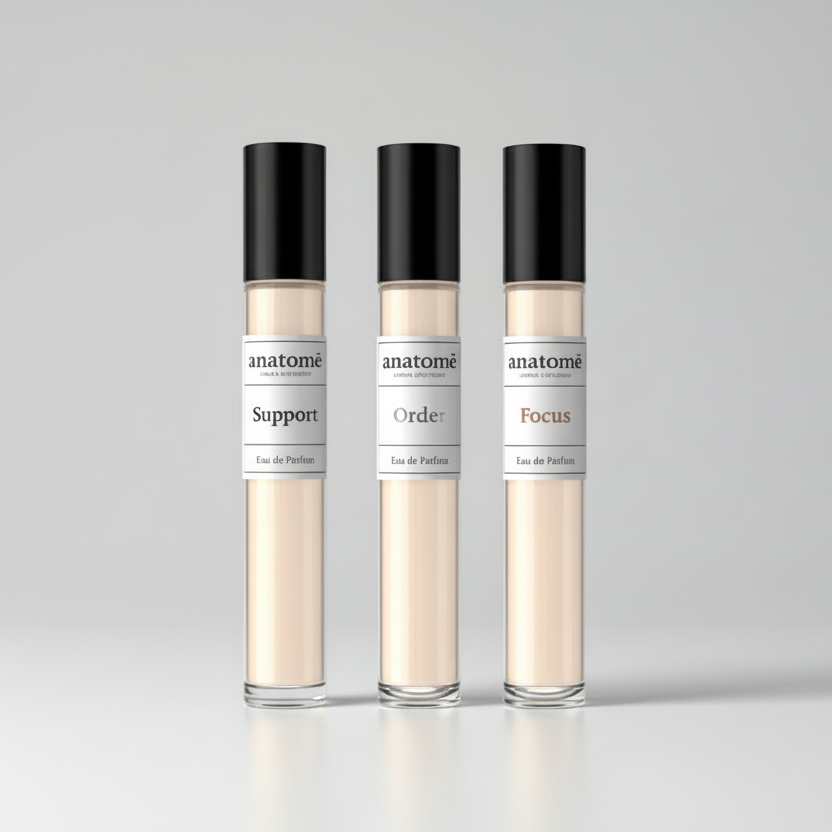

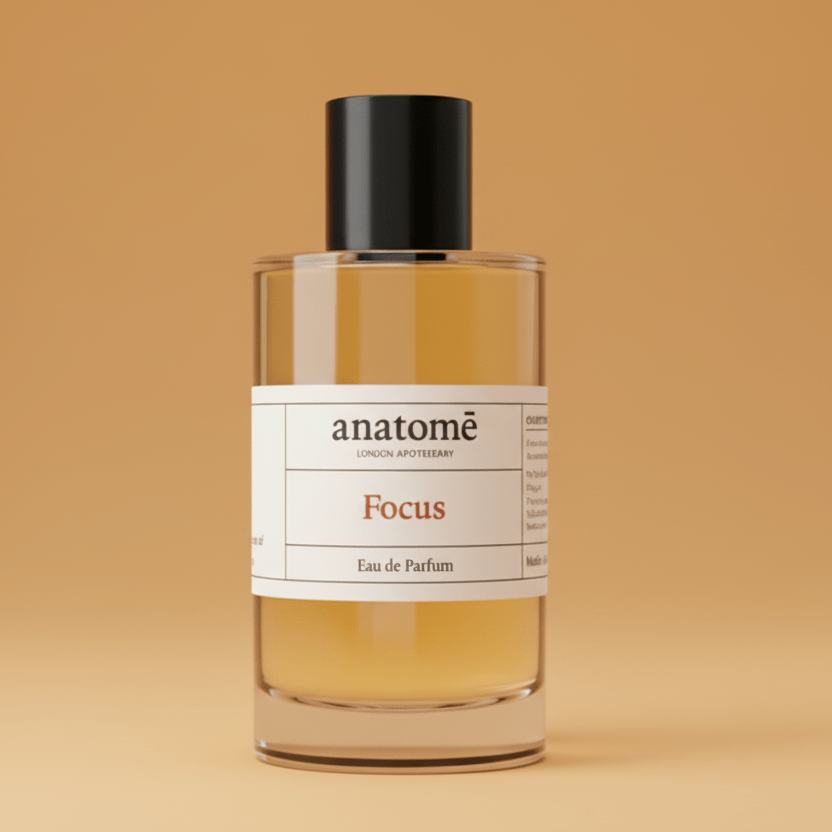

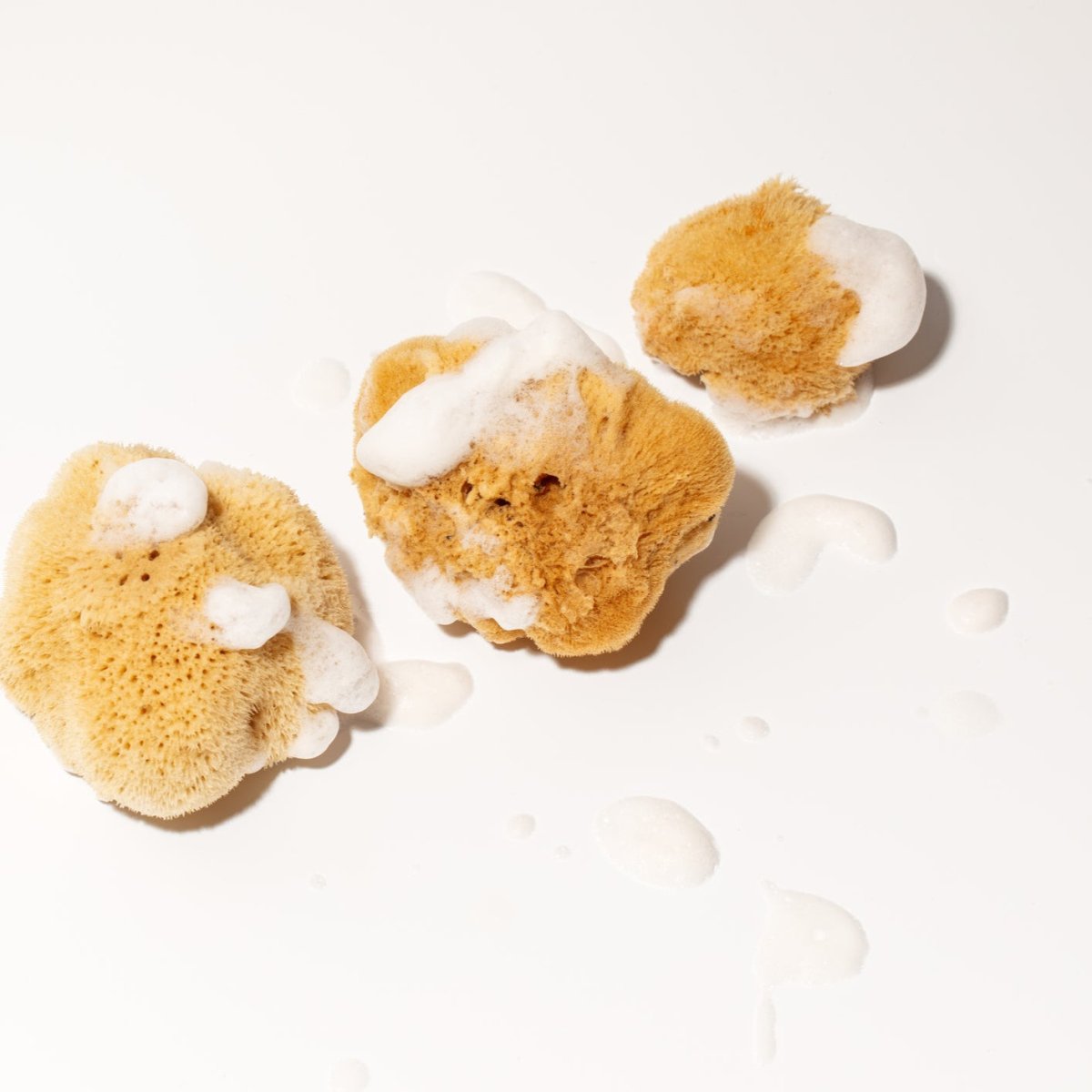
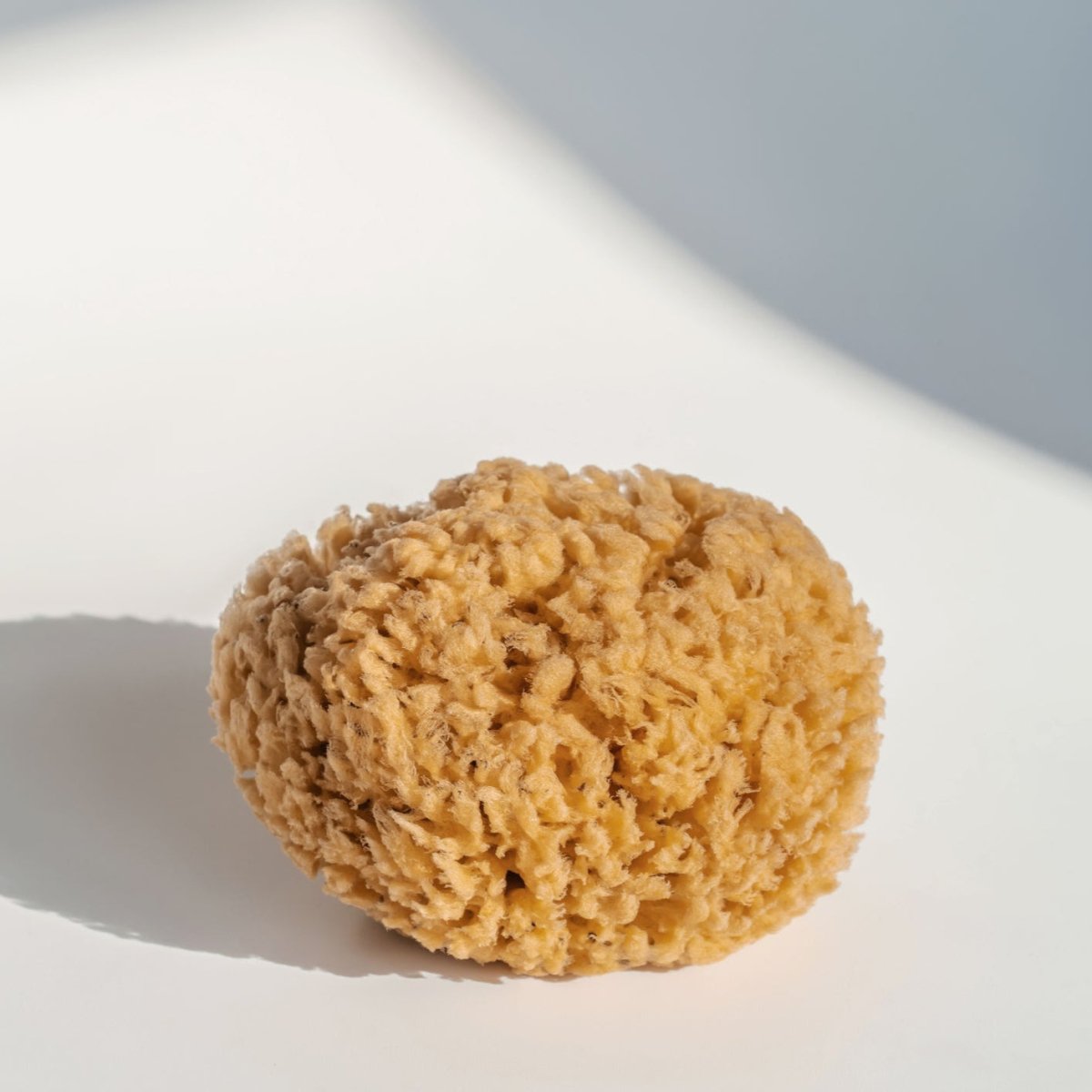
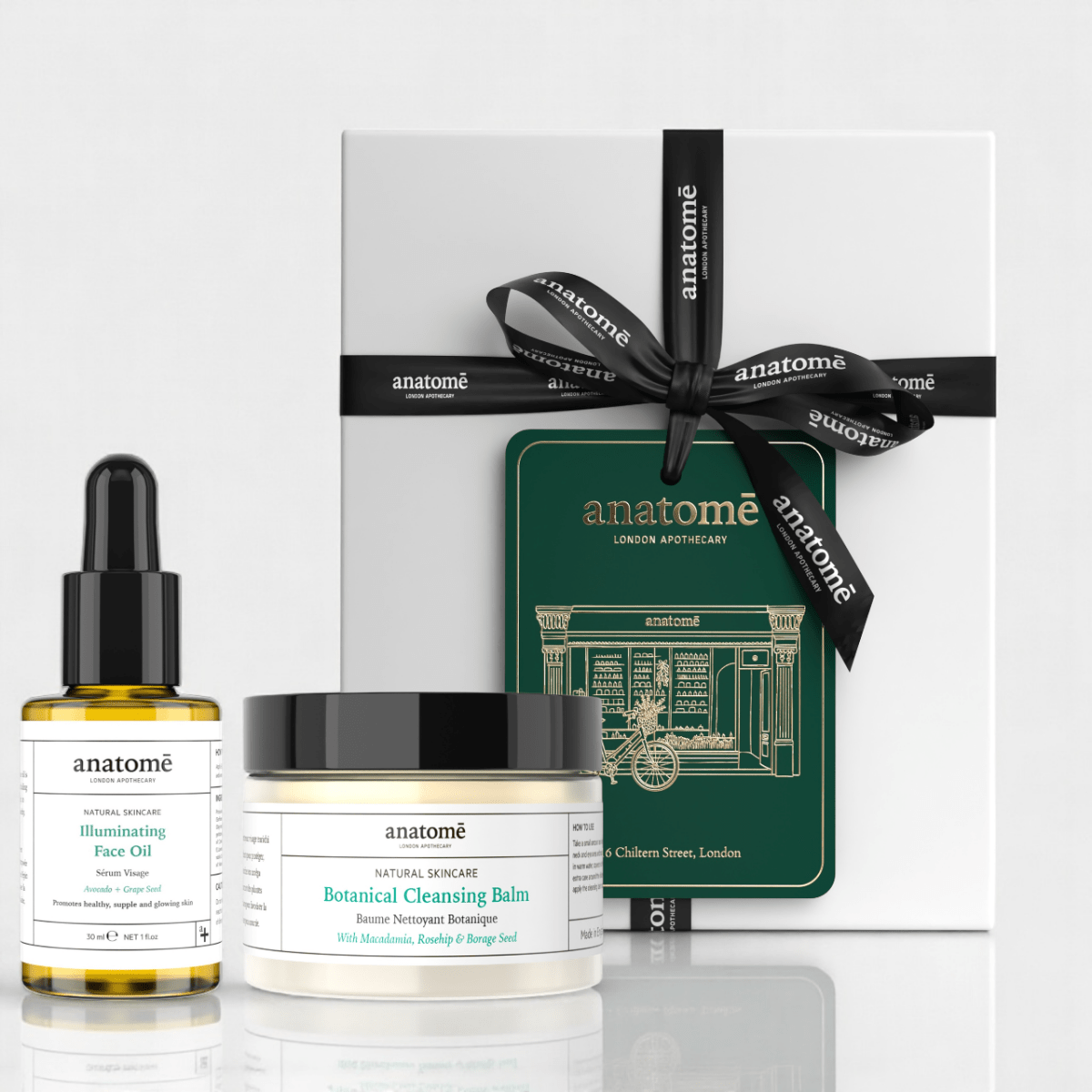
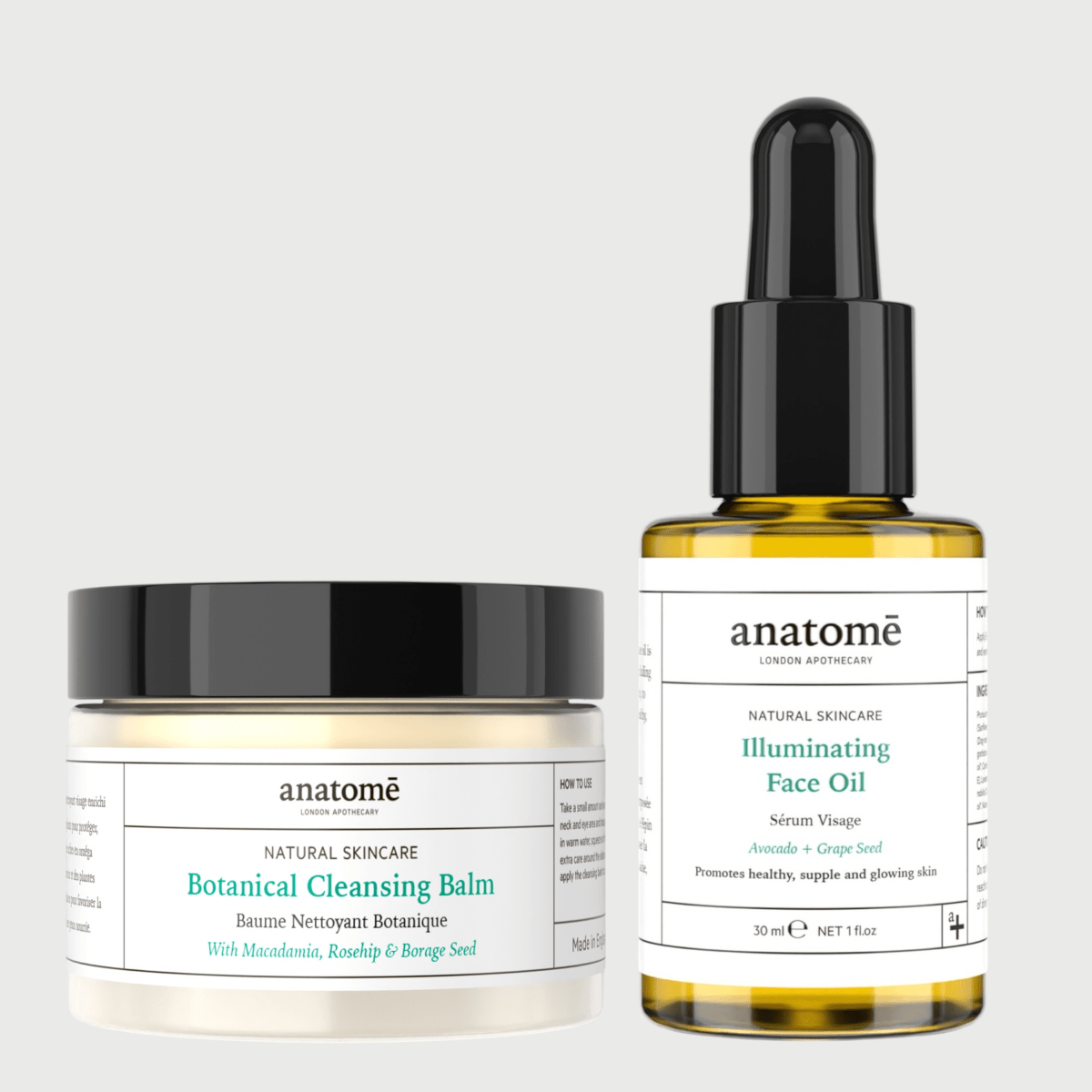
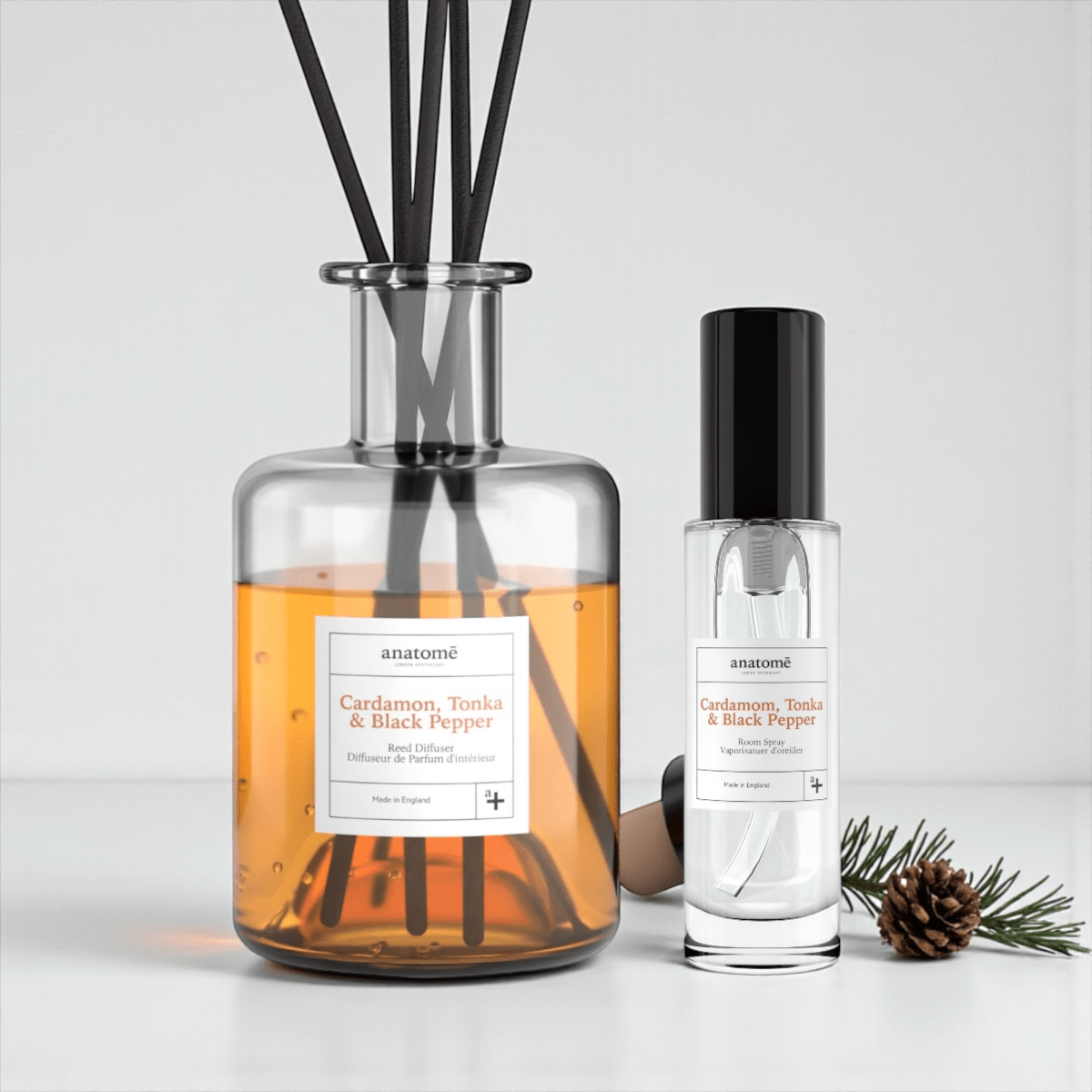

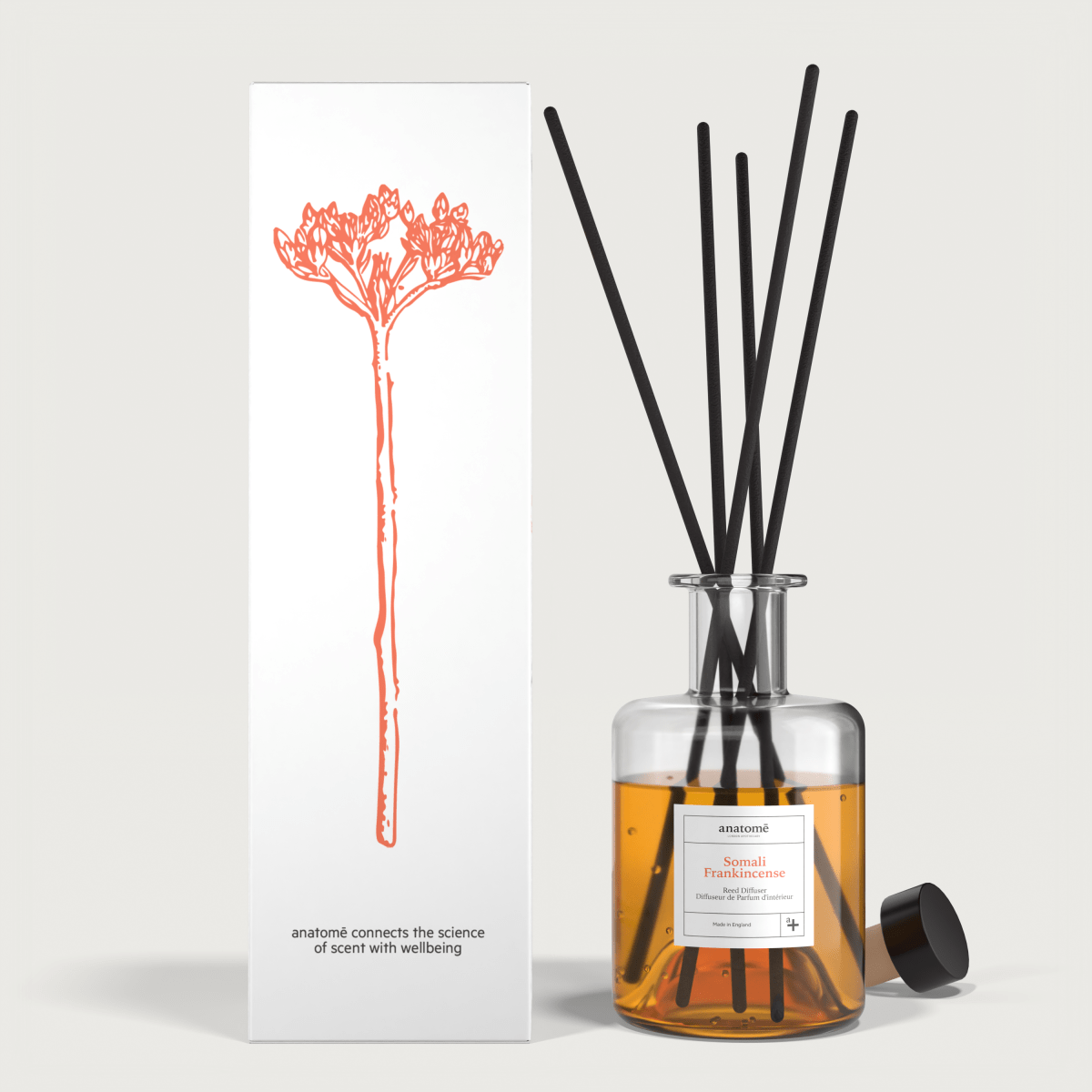
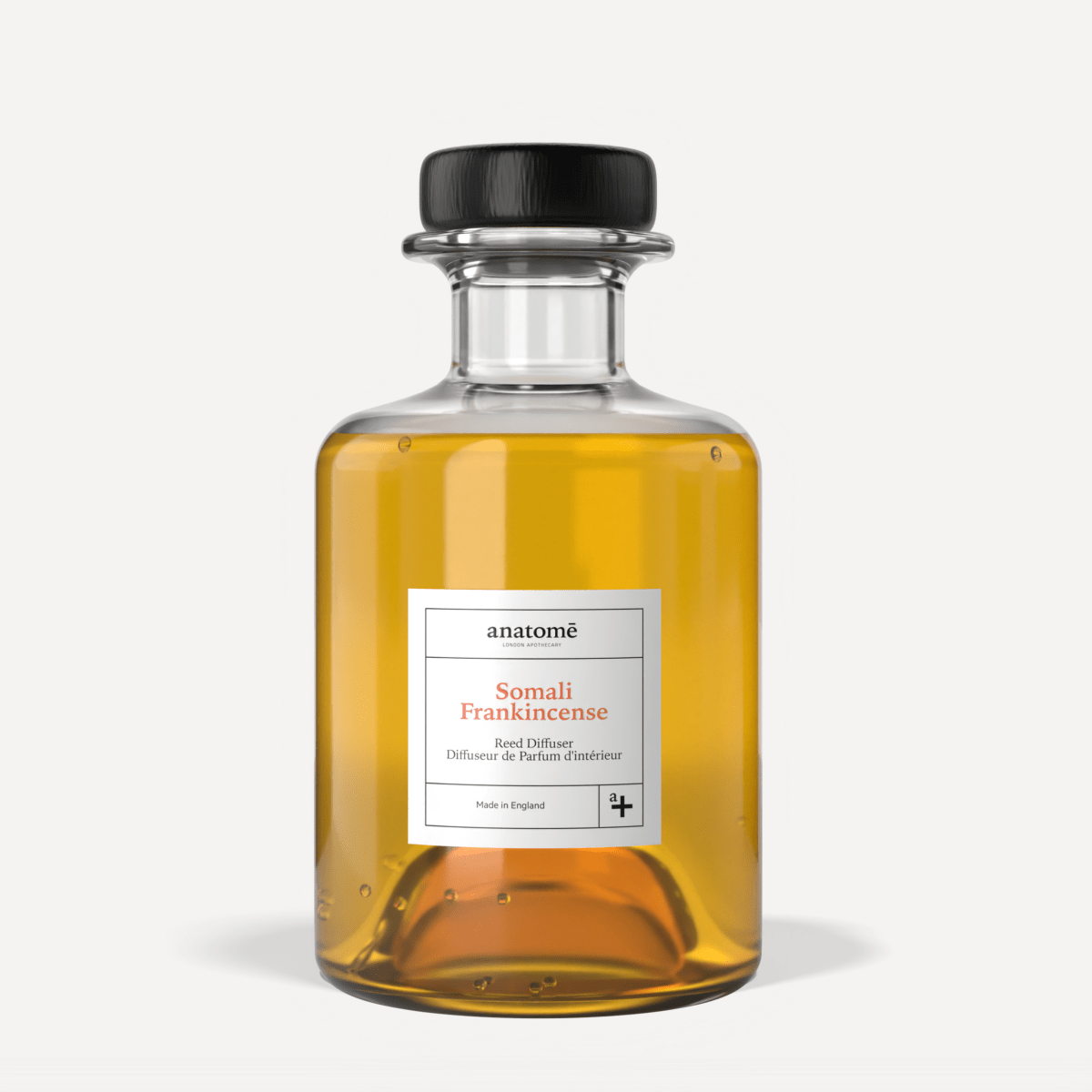
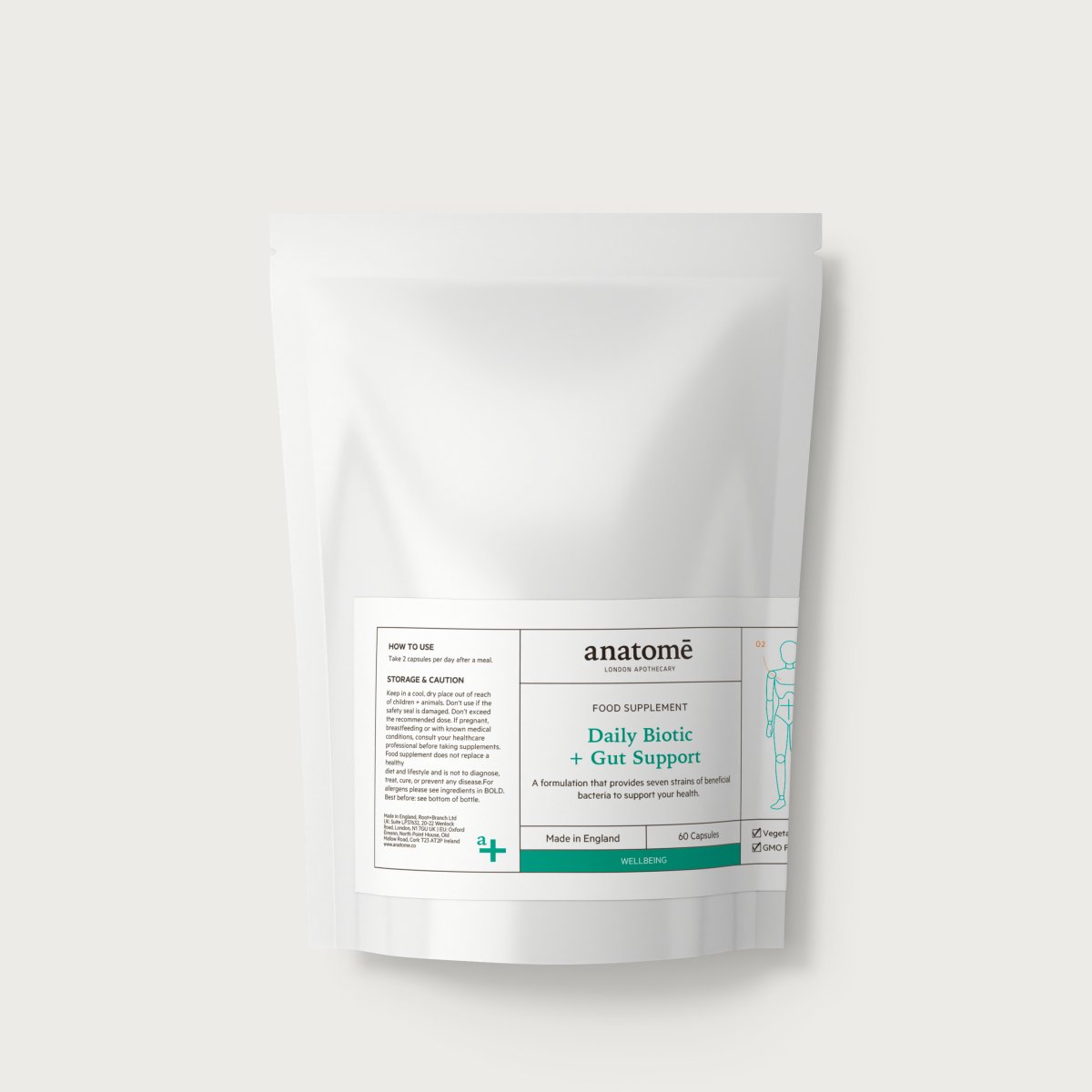
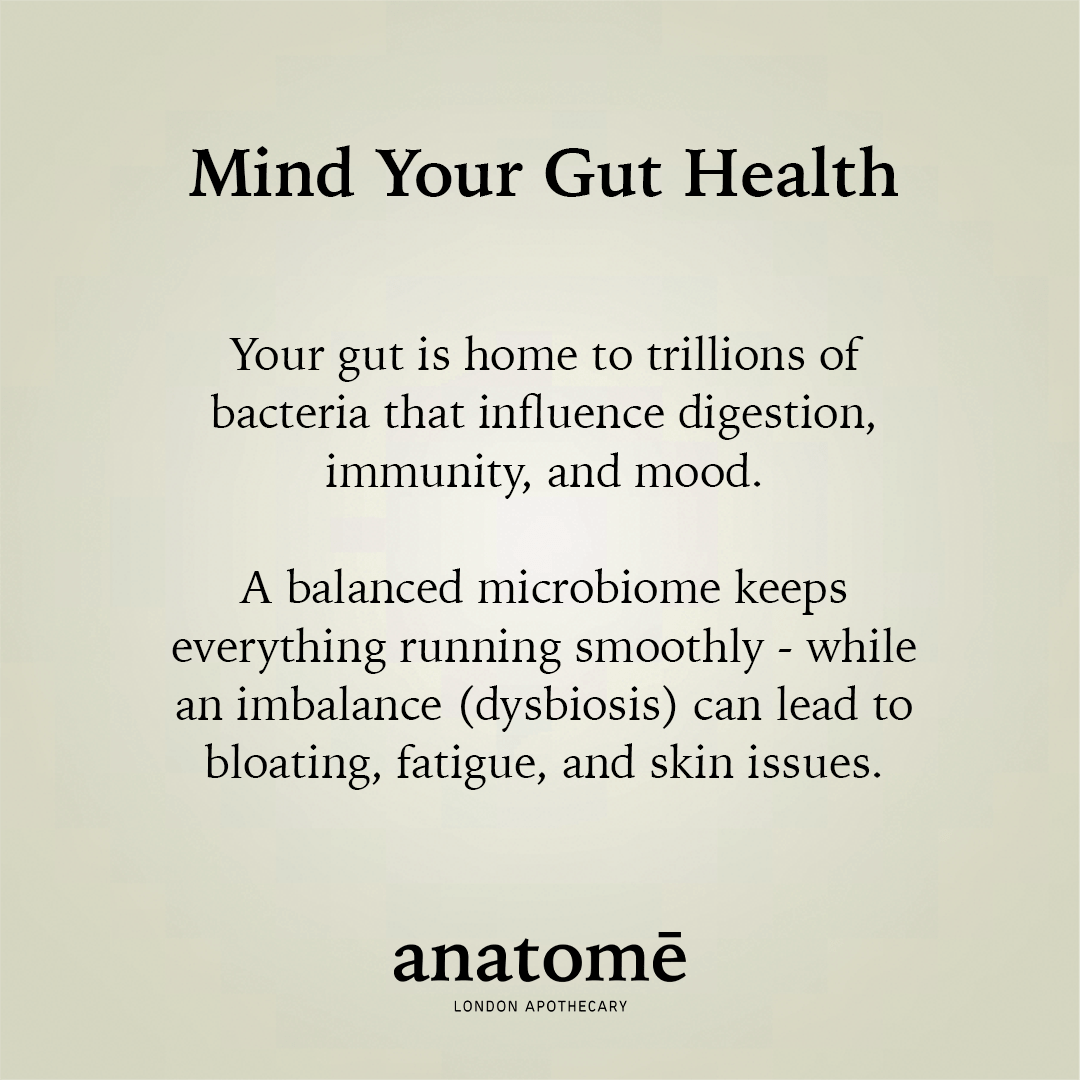
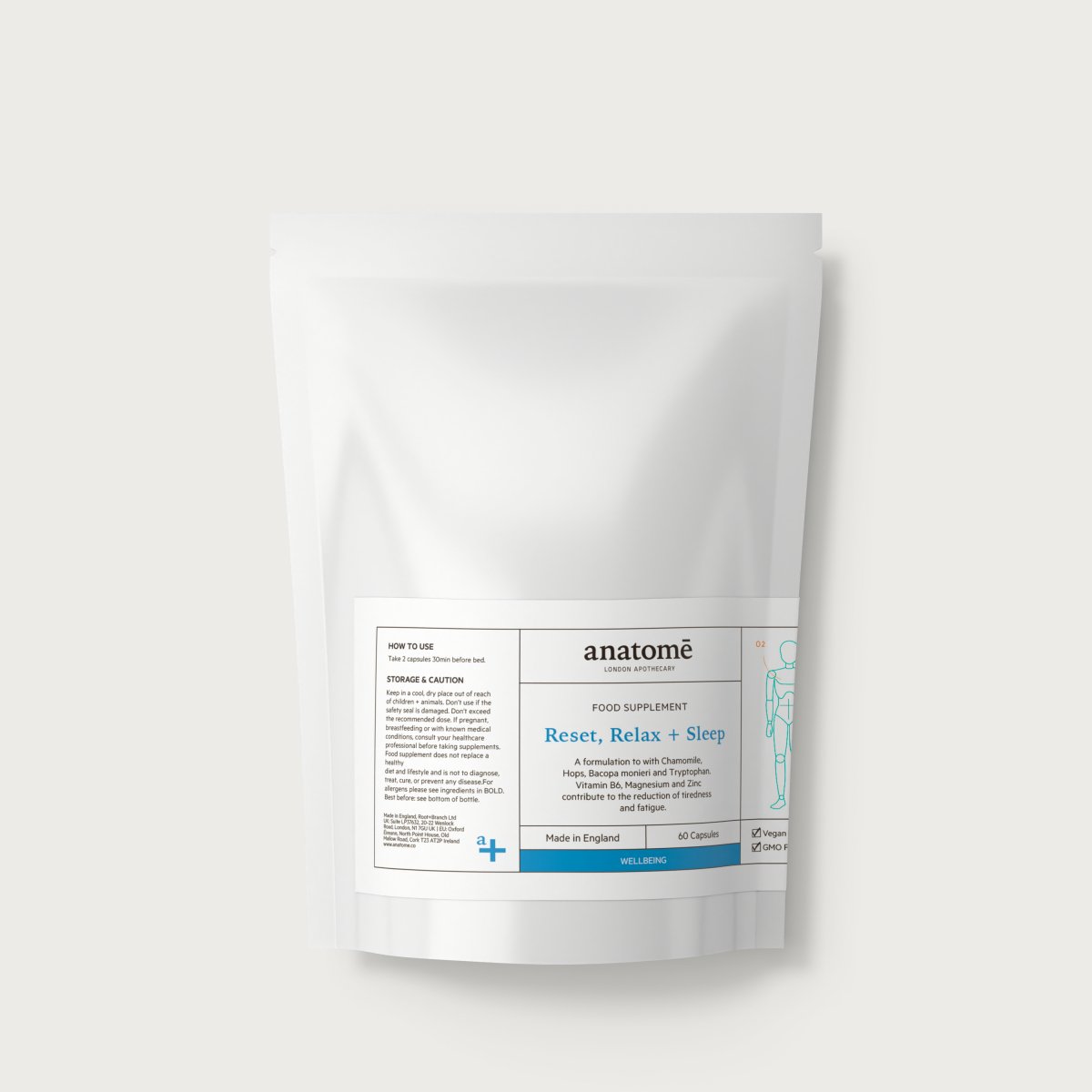







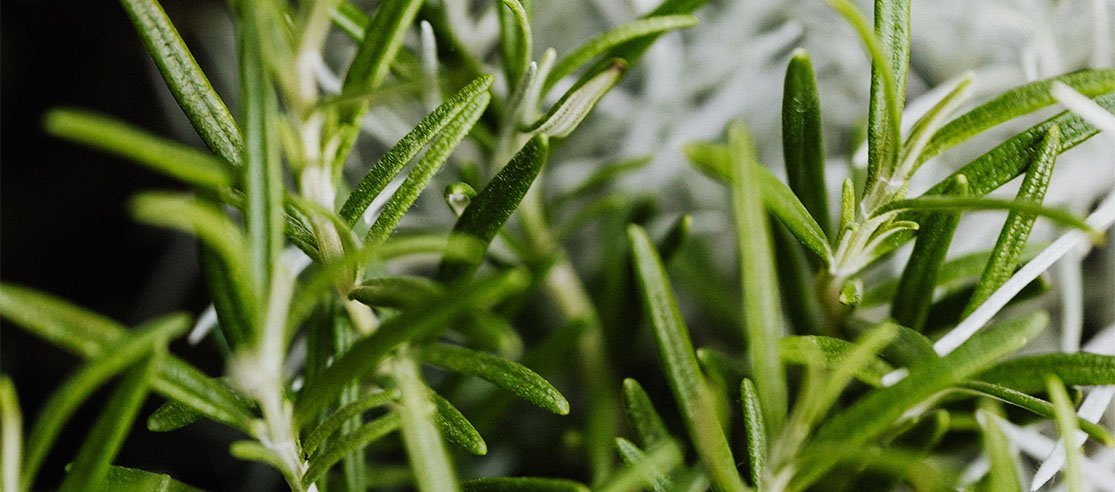


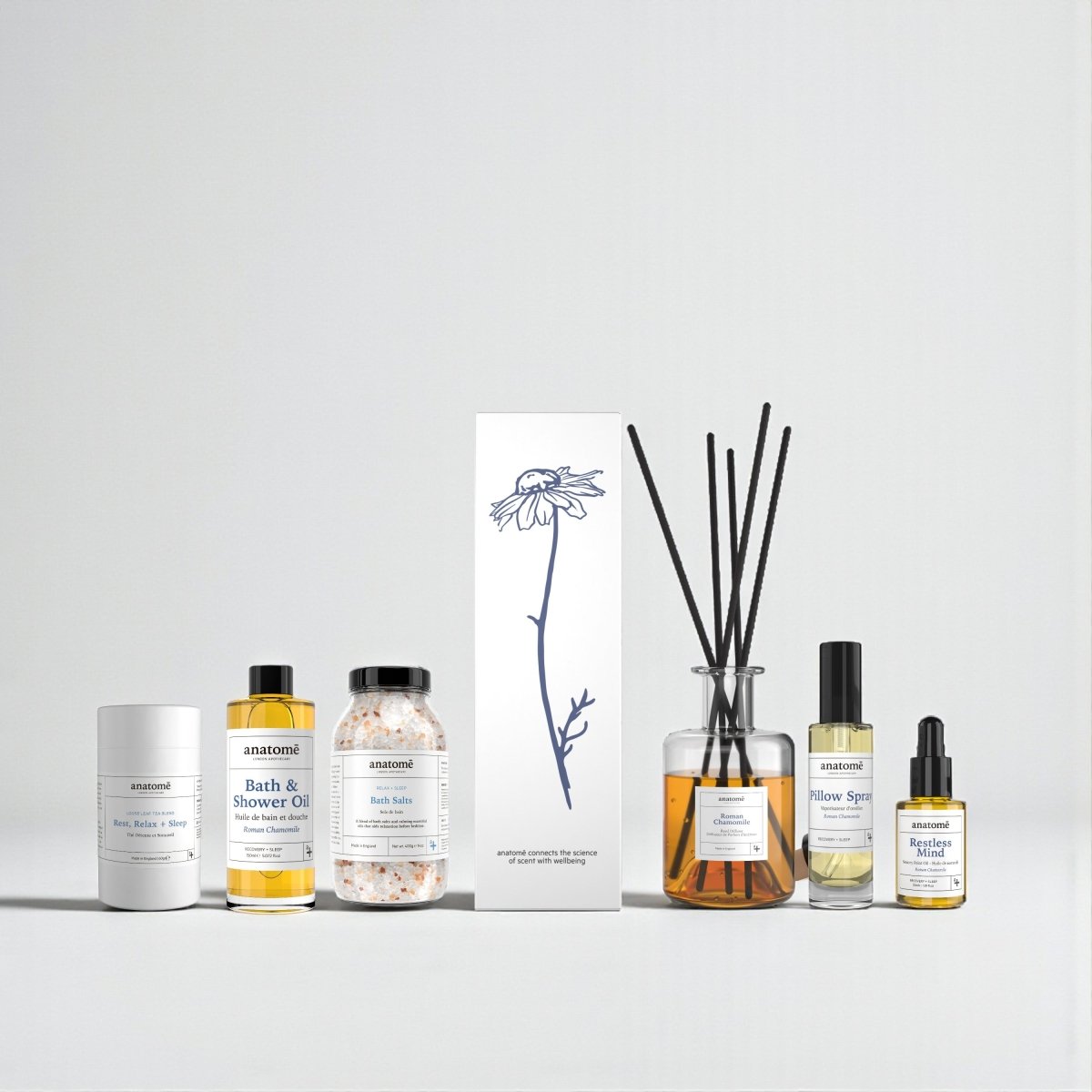


Leave a comment